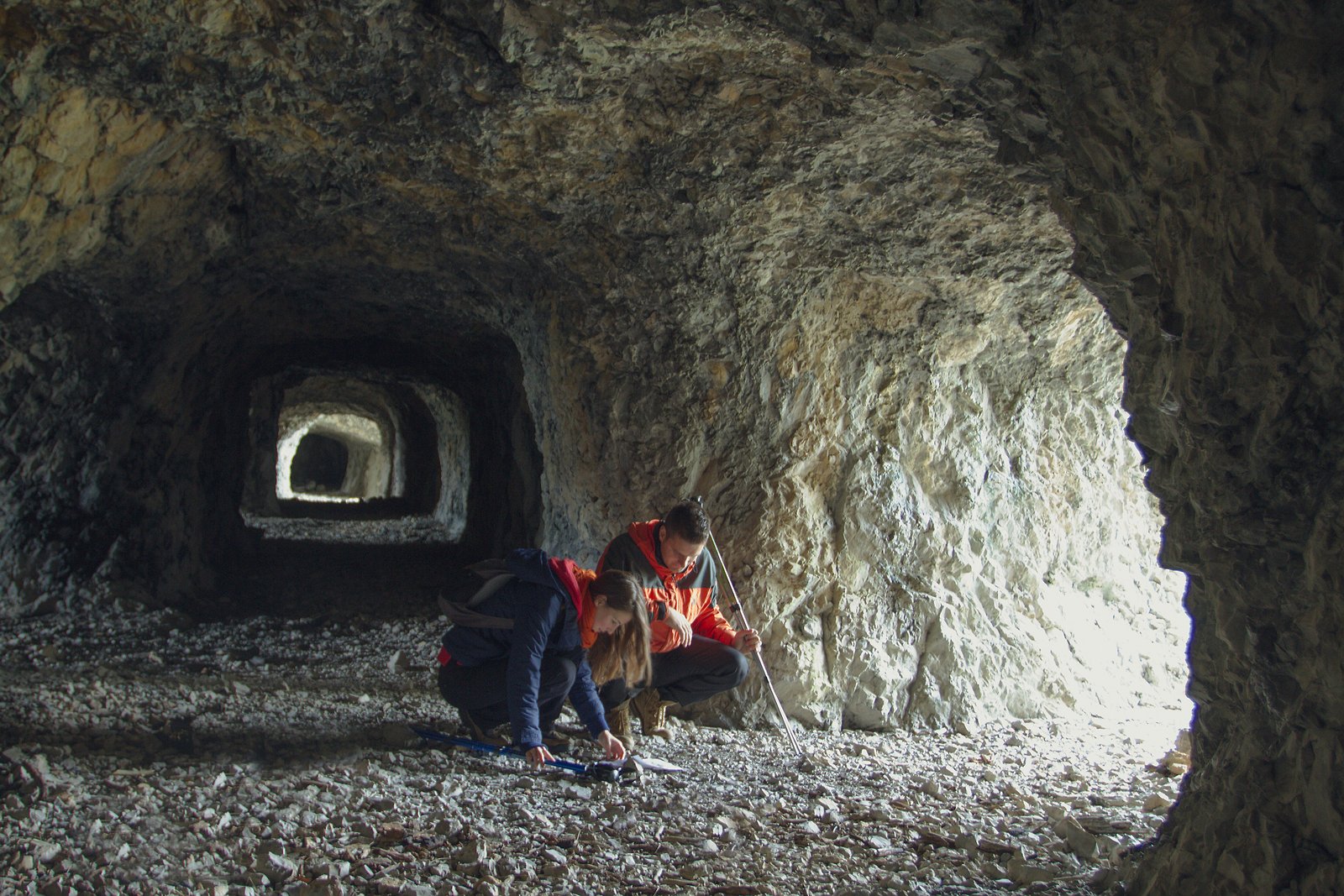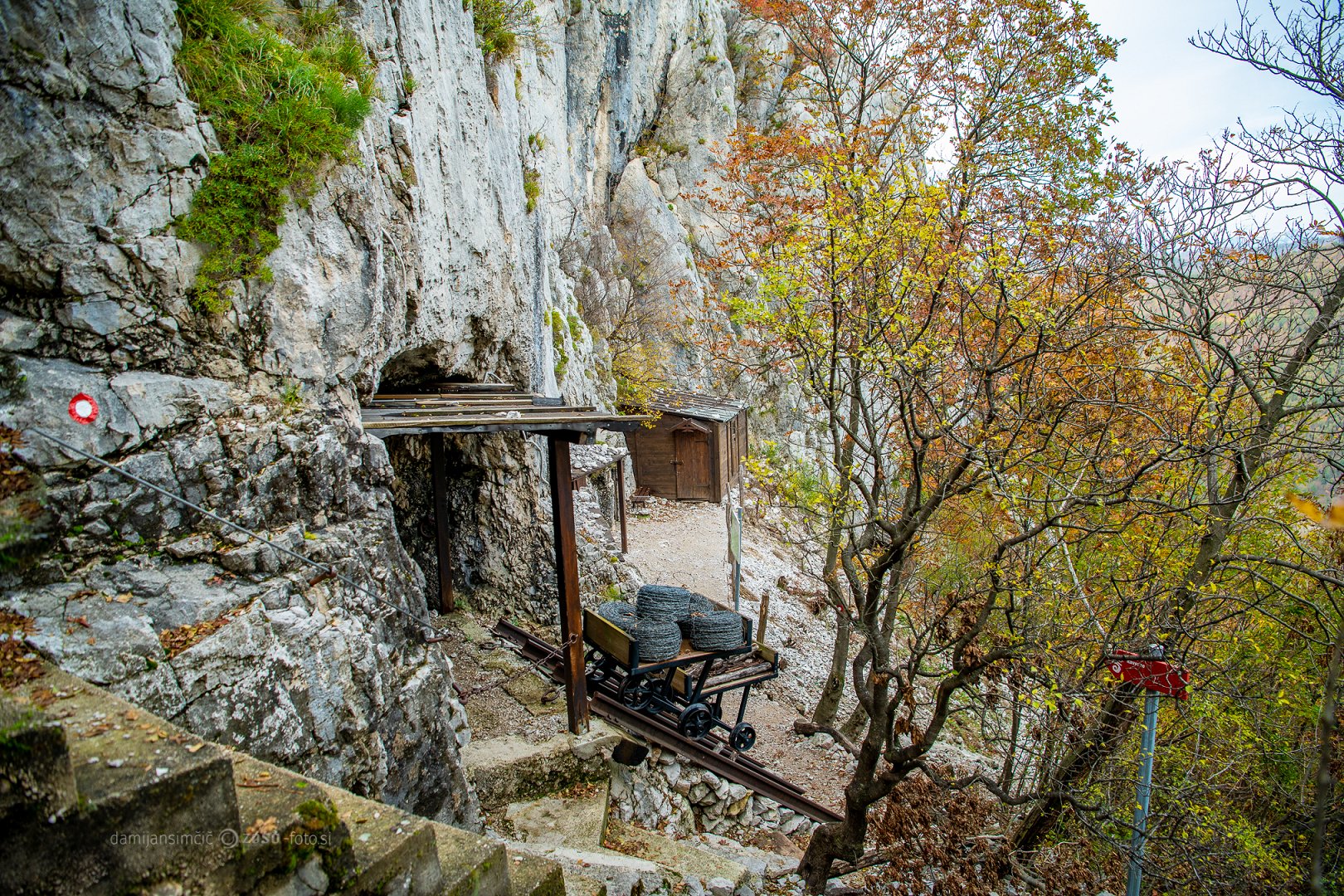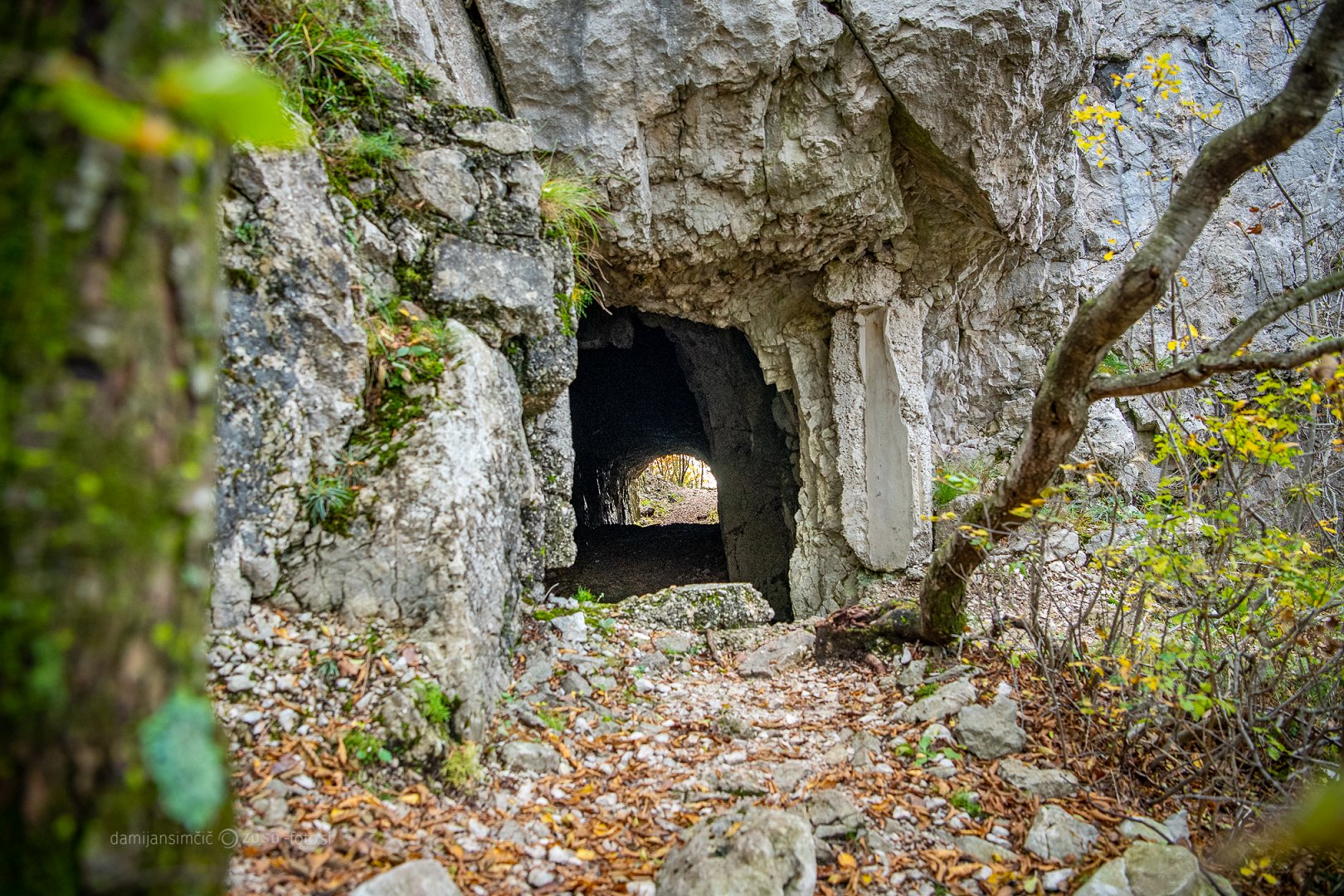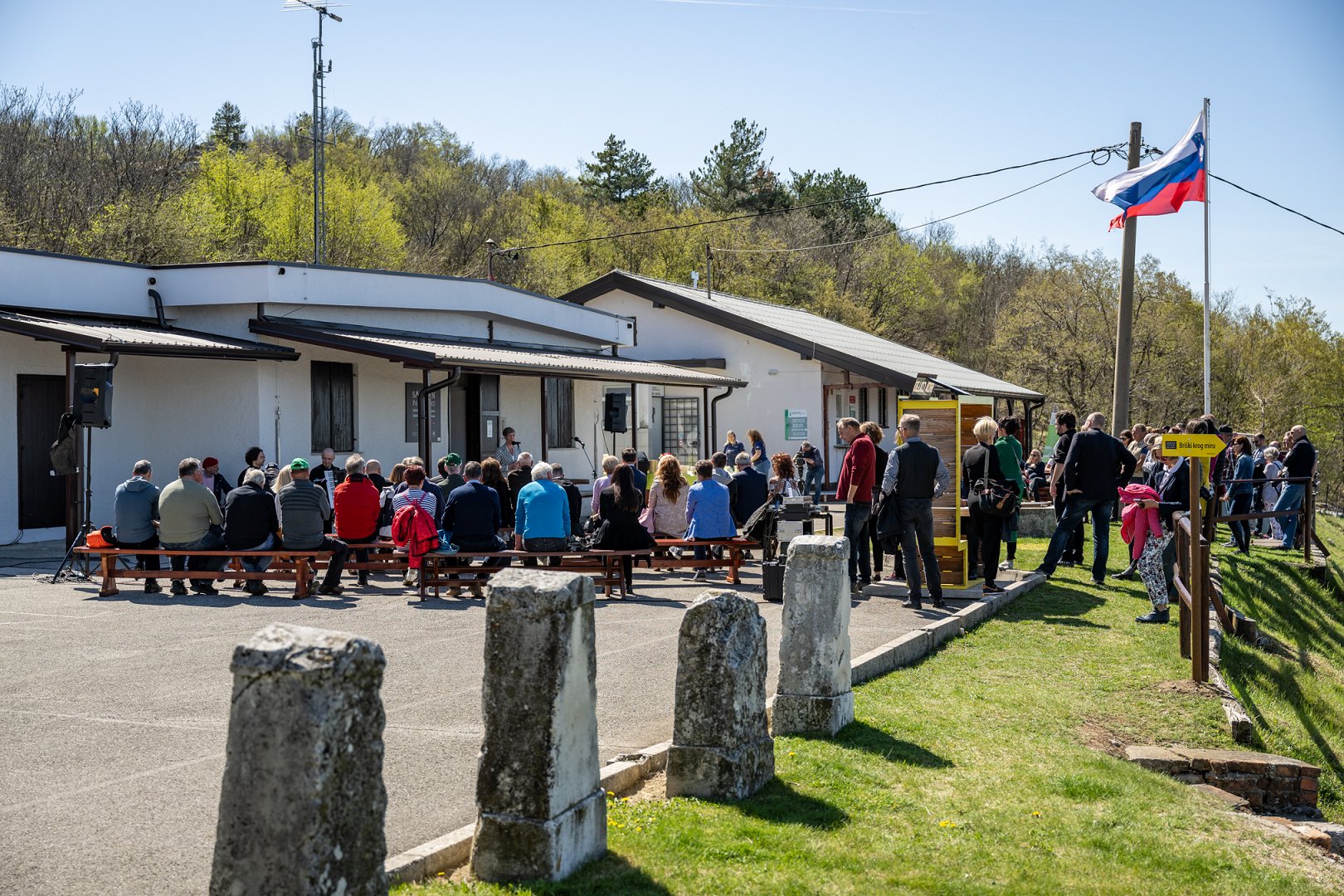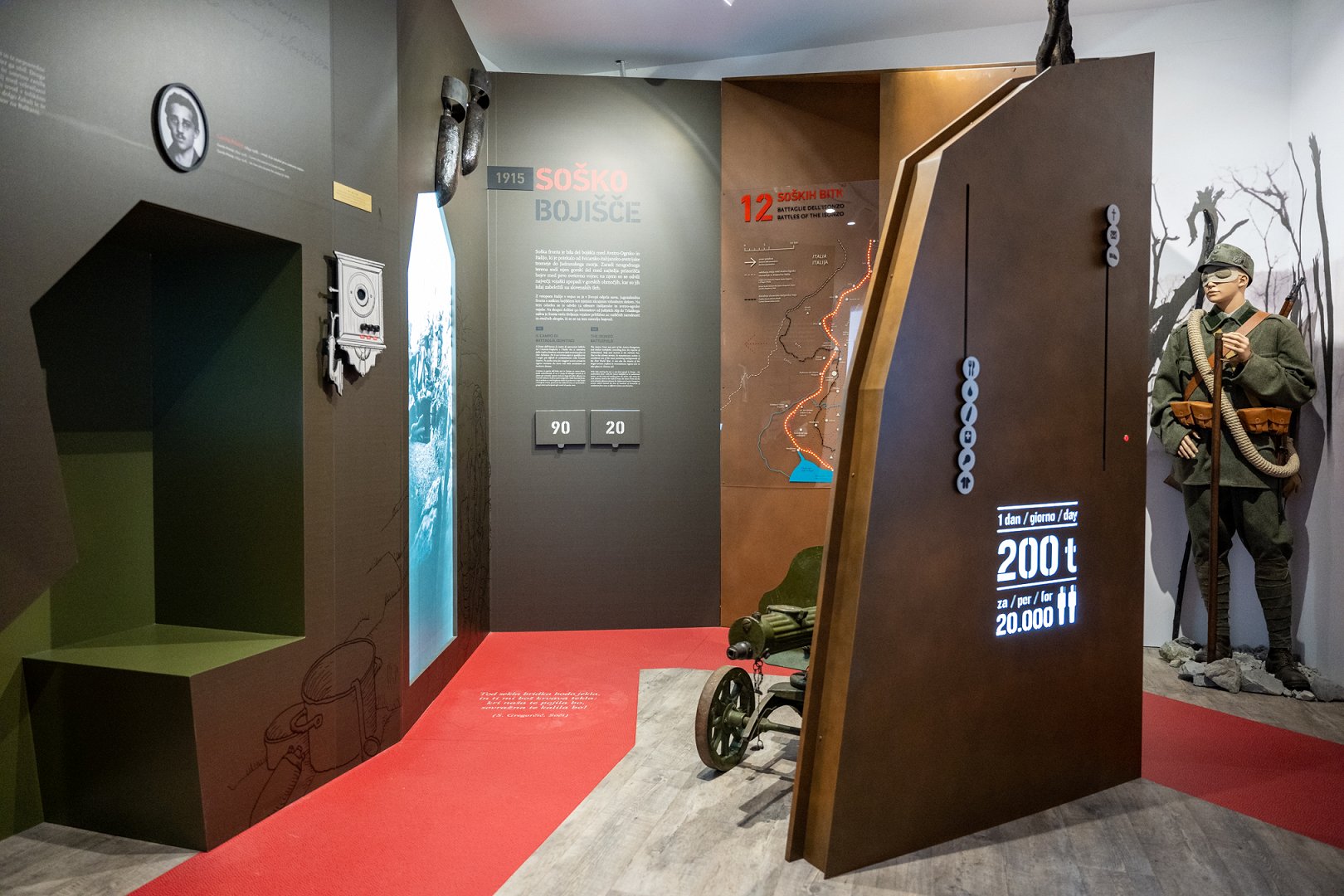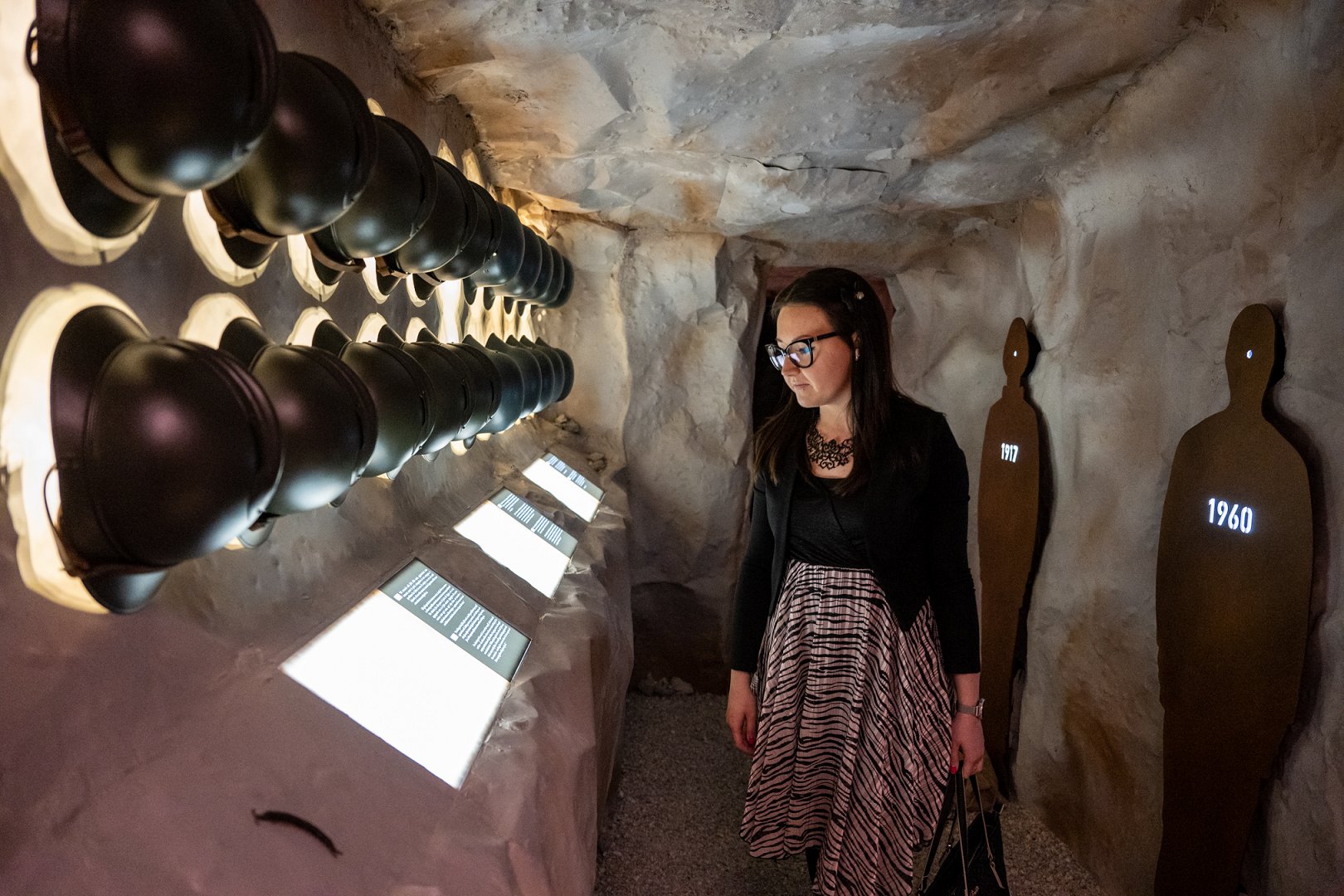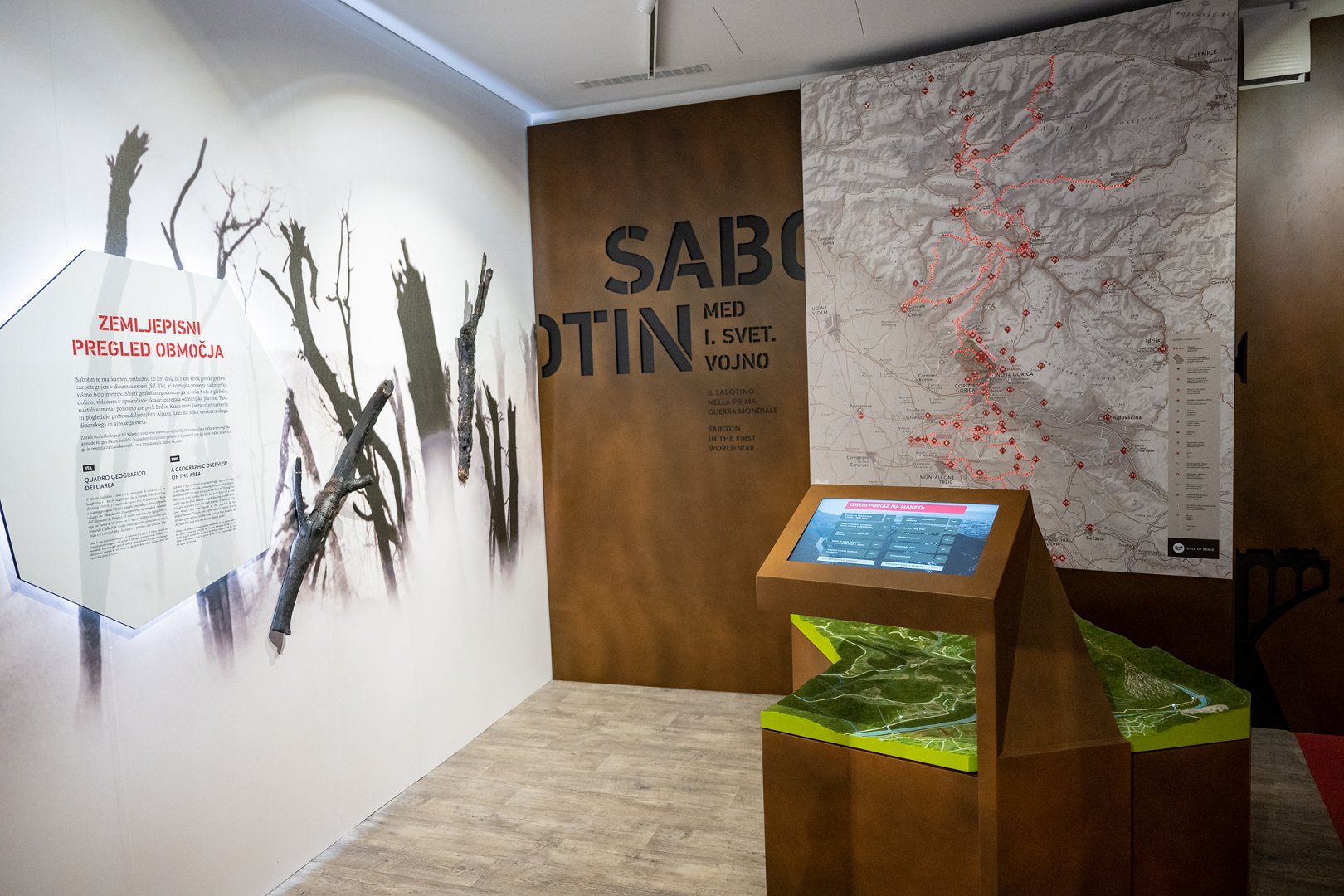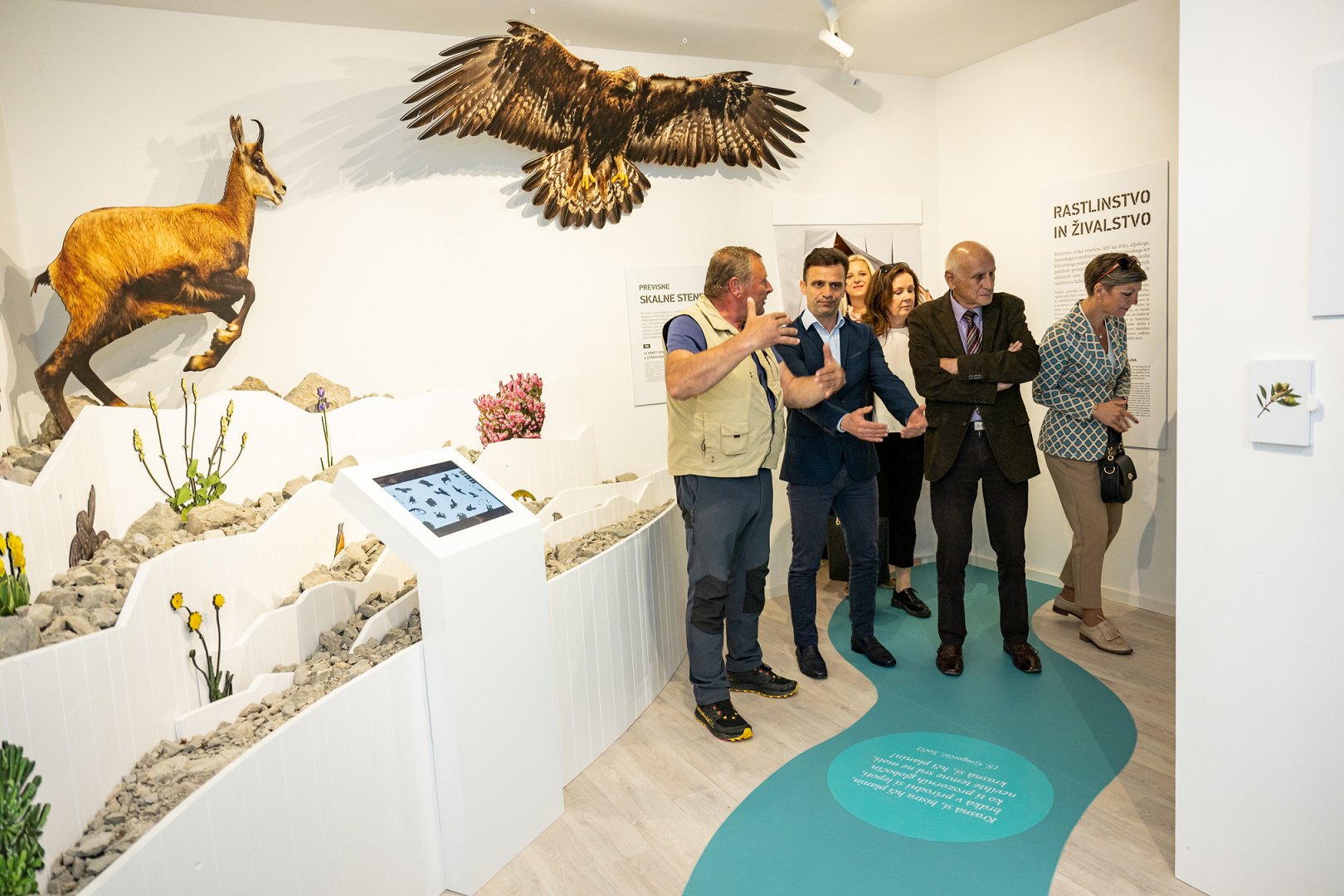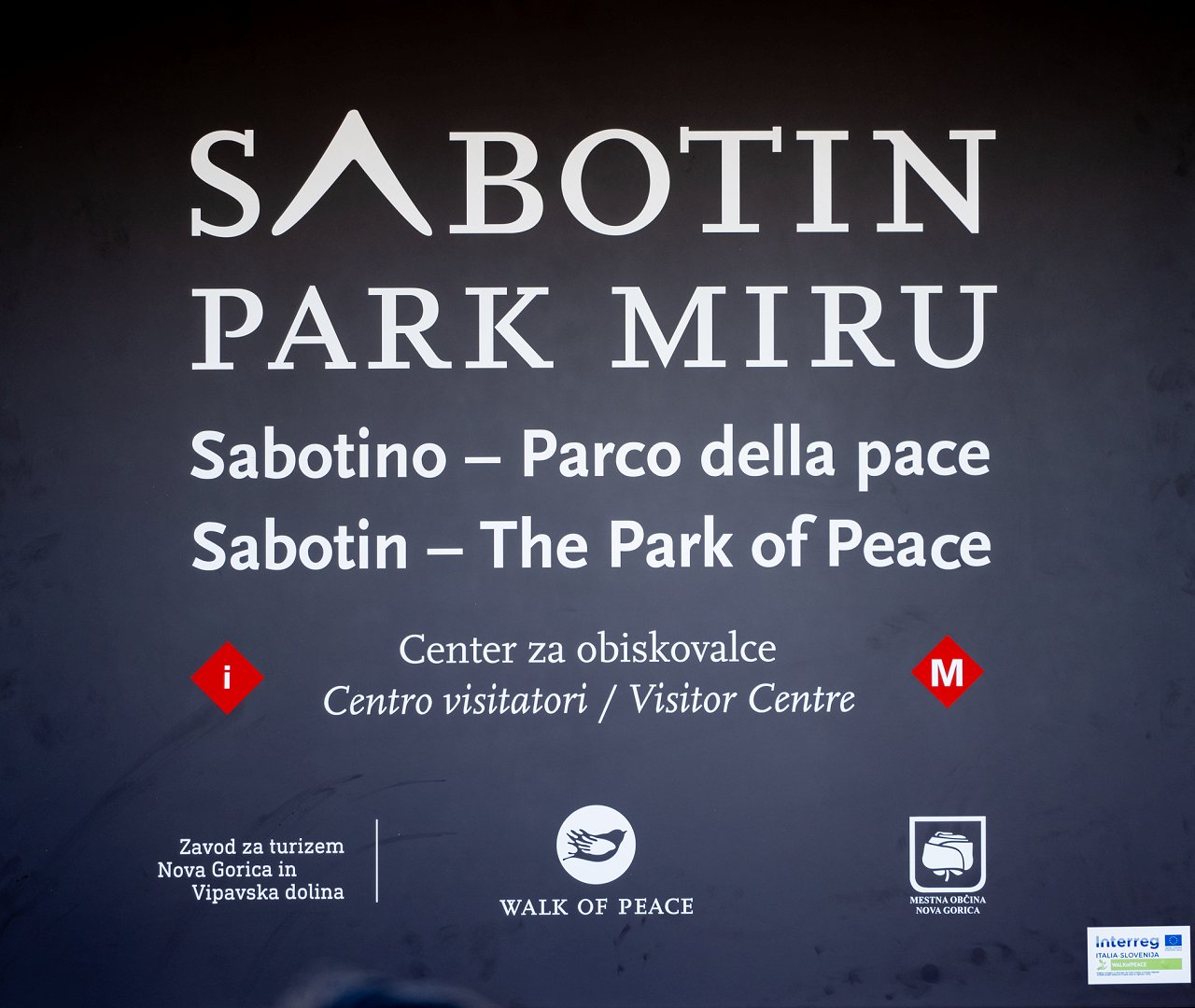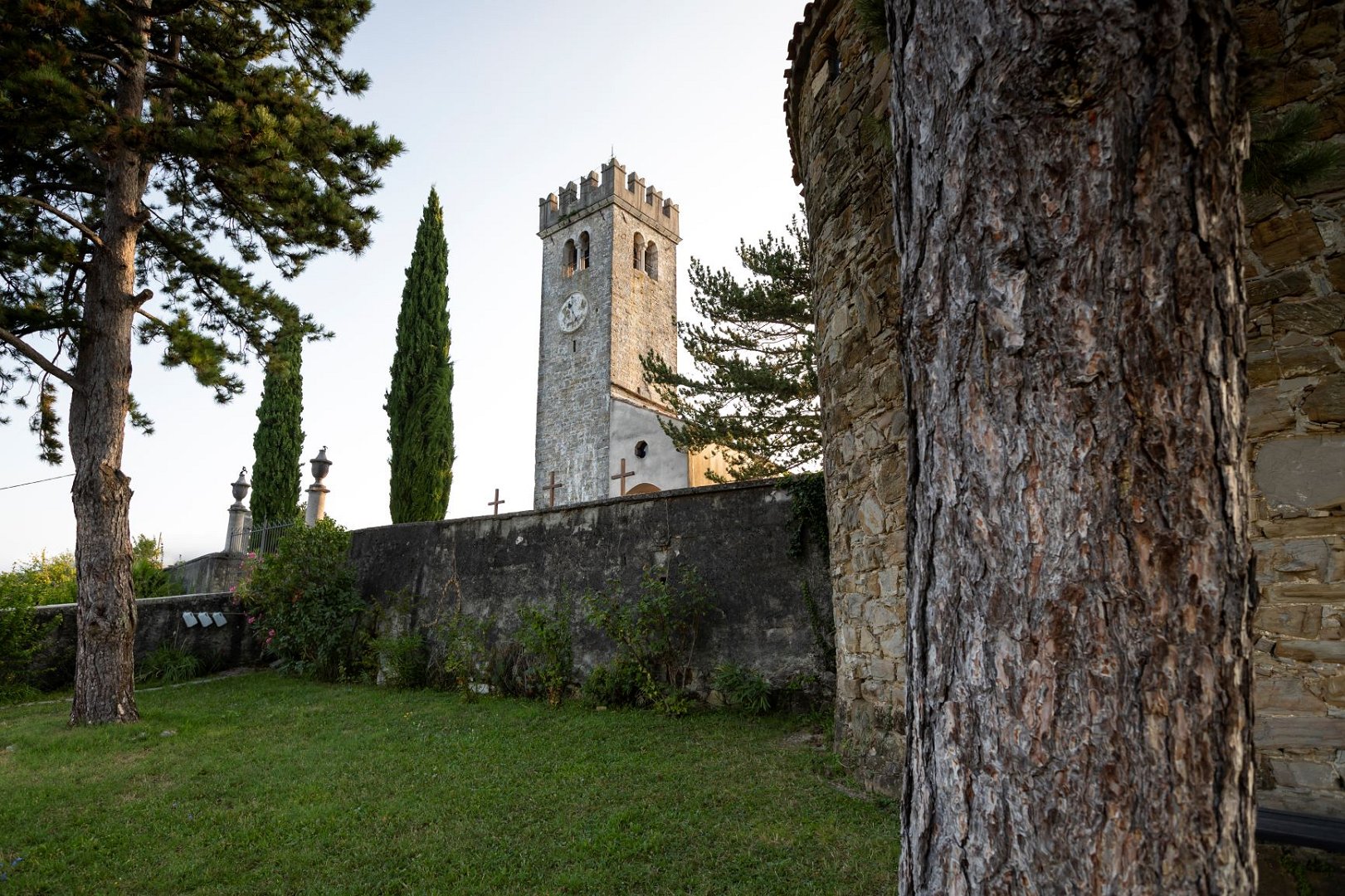WORLD WAR I MUSEUM SABOTIN
Sabotin, an open-air museum, is interspersed with caverns and tunnels dating back to World War I. The World War I Museum, with its collection of weapons dedicated to Sabotin, also has its place at the top of the hill and can be visited under expert guidance.Sabotin, an important excursion point, offers a remarkable mix of natural and historical sights. The Sabotin Peace Park offers visitors relaxation in nature and, with the World War I trenches and caverns that criss-cross it, encourages reflection on the futility of war and violence.
The popular excursion point can be reached from six directions, popular with both hikers and cyclists. Sabotin and its paths are entirely interspersed with systems of ditches and caverns, which remind us of important historical events. During the First World War, the Isonzo Front took place there. Due to its location above Gorizia, it was a key defensive point for the Austro-Hungarian army, which defended itself against attacks by the Italian armed forces in 1915 and 1916. Of particular interest are the cavern systems on the ridge, which were converted into artillery positions after the 6th Battle of the Bulge, when Sabotin was captured by the Italian army. The caverns at the former Yugoslav guardhouse have been cleaned and made ready for viewing. In guardhouse (there is also a museum collection dedicated to the First World War, the Isonzo Front and the Slovenian War of Independence.
Next to it there is a visitor centre and an information point, where you can find more information about Sabotin's features (flora and fauna of Sabotin) and history.
